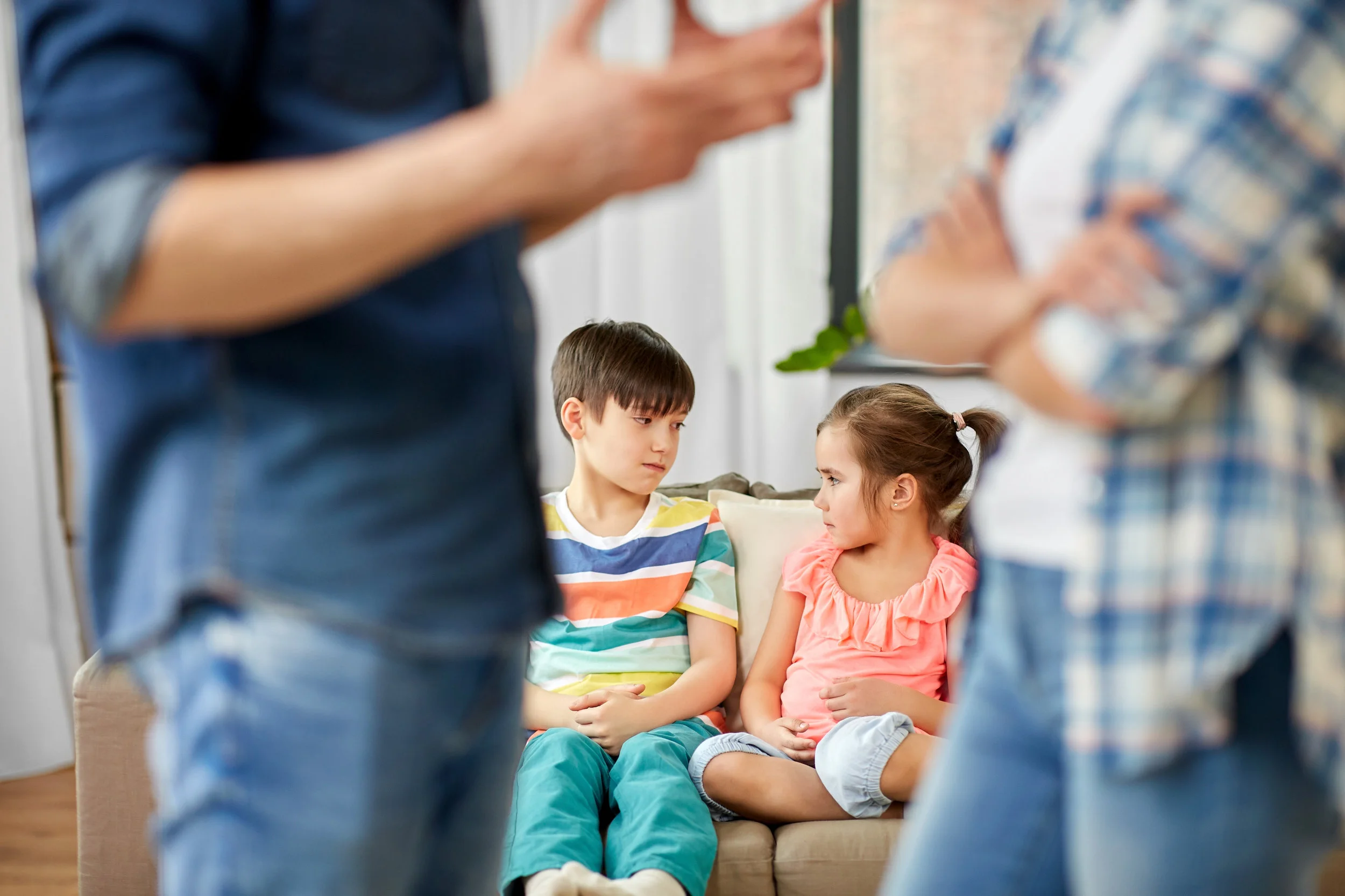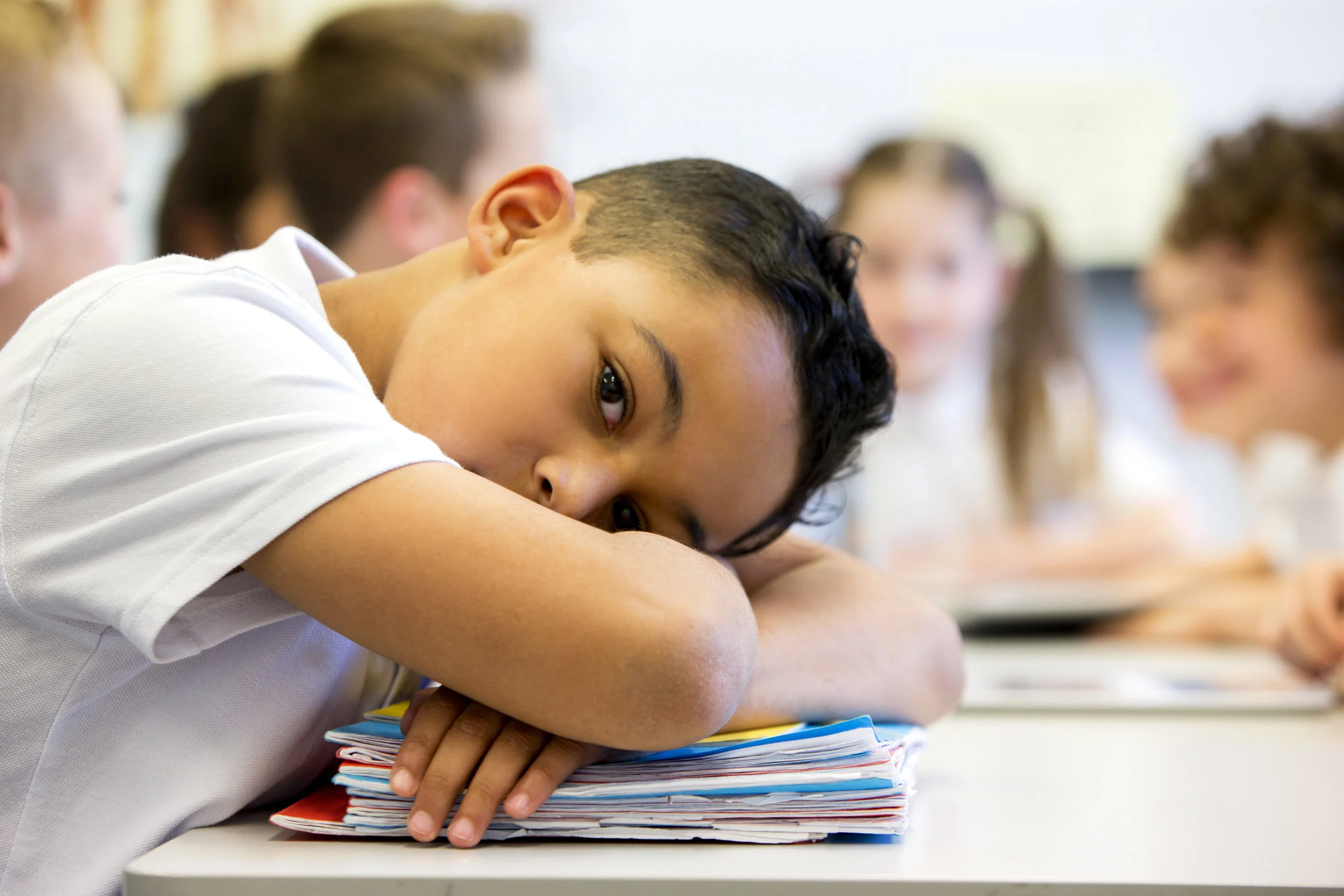Love is a form of expression shared between individuals and one of the greatest gifts you can give your children is acknowledging the way they identify love. Just like adults, kids give and receive love in their own unique way. When parents are able to recognize the language in which their children feel loved, they are able to tweak their expression of love so it’s delivered in a way that the child can process it without delay, the level of support they receive is endless.
Parents are being faced with an incredibly difficult decision, do I send my kids back to school? How do I know what the best decision is? How can I choose between my kids' mental and physical health? With the COVID-19 pandemic, families across the globe have been faced with circumstances that nothing could have prepared them for. Isolation. Lockdowns. Mortality. Loss of resources. School closures. Job Loss. Closed daycares. To vaccinate or not to vaccinate. The list could go on and on.
Nothing can truly prepare you to parent during a pandemic, and families all across the world have been forced to do just that. This past year has presented some of the most challenging times for families. Too many have been faced with unimaginable circumstances, impossible decisions to be made, isolation, loss of resources and so much more. Each family has been impacted differently, and each experience is valid in its own right and should not be compared to the next.
Life changes and your child's mental health
Change can add even more complexity to navigating the responsibilities and challenges that parents face when raising child. Sometimes parents may not recognize life transitions as “triggers” for a change in their child’s affect or behavior – and more often then not, children lack the experience, understanding and communication skills to express how they’re feeling. As a result, the fear and uncertainty that your child may be experiencing can manifest as anger, defiance, sadness, or fear.
Eight signs your child may be struggling and how you can help
Children lack the experience, understanding and communication skills to express how their feeling – especially young, nonverbal children. As a result, the fear and uncertainty that your child may be experiencing can manifest itself in unhealthy ways which may be regarded as disobedience. Often times, your child is likely asking for help the only way they know how.






